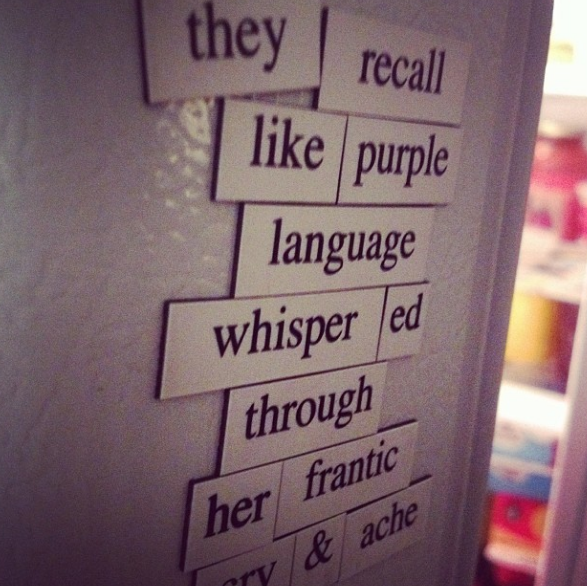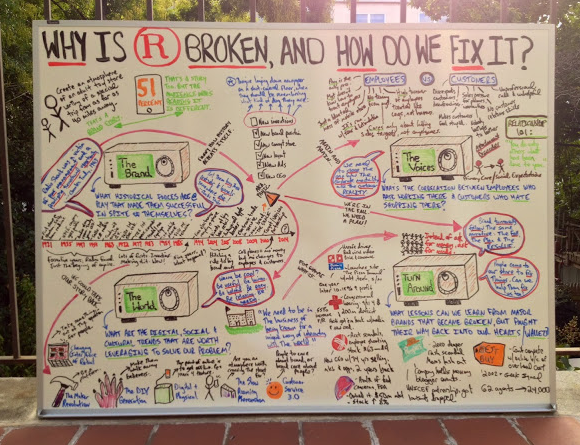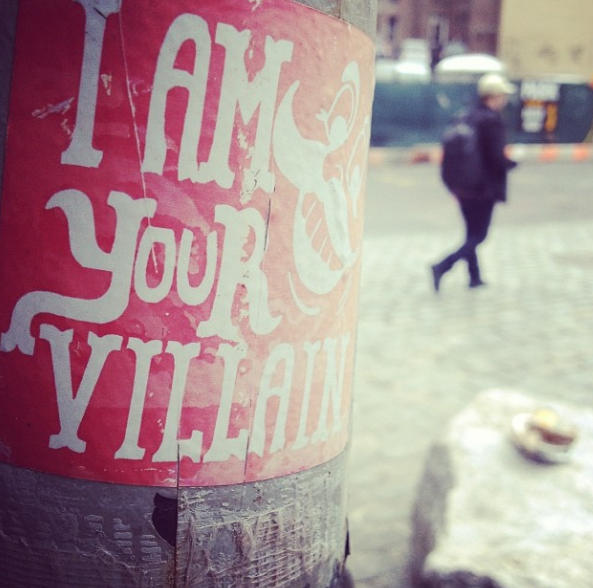
Dogs can teach us a lot about motivation.
I’m reminded of my favorite commercial of all time:
Bacon! Bacon! Where’s
the bacon? I smell bacon. It’s gotta be bacon. There’s only one thing in the
world that smells like bacon and that’s bacon! There it is! It’s in the bag! Chewy,
yummy smokey bacon! Oh boy oh boy oh boy, num num num num num, it’s
bacoooooooon!
That’s motivation.
And what’s interesting is, we all have our own version of
this moment.
Those triggers that freeze time, make our left eyelid
twitch, activate our deepest
cravings and human hungers and move us to execution.
Those currencies that, when sniffed out, override our
excuses, tap into our natural motivations and drive us to do things.
I have a client who’s obsessed
with personal improvement. As a recovering academic and a higher education
advocate, learning isn’t just what she does, it’s who she is. She even warns
the people she works with, if you want to
get me to do anything, I better be learning something new.
And that’s why she’s so prolific.
Learning is her bacon.
The goal is to find your bacon. To figure out why you do what you do.
Once you know that, anything is possible. Once you identify
the small collection of intrinsic triggers that stoke your creative fire, nothing
can stop you. Once you learn how to activate your own internal generators,
there’s no reason you can’t become a prolific collector, creator and
communicator of ideas.
But you have to dig down through the many levels of why.
You have to flesh out the drivers that motivate you on an hourly basis. One
exercise for doing so is to sit down and physically map out every single
decision you made on a given day. Phone calls you made, conversations you had,
food you consumed, activities you did, people you saw, ask yourself, literally, why did you do what you did?
The first time I tried this exercise, I uncovered profound
truths about myself. I discovered that most of my behaviors can be traced back
to one of the following:
A blank canvas. Making things has always been the most
natural way for me to engage with the world. When I get up in the morning,
there’s a mechanism inside me that says what I’m supposed to make next. And so,
I am motivated by the freedom to express myself.
A personal ritual.
I can motivate myself to do just about anything, as long as there’s a ritual
attached to it. Ritual is an
intentional, purposeful experience I layer on top of an activity to make it
more meaningful. I have one for everything I do. And so, I am motivated by a
repeatable process.
A captive audience. I believe human
interaction is a divine transaction. Engaging with people, even for a moment at
a time, fuels me. Every time I go out of my way to earn people’s attention, I
reward them for giving it to me. And so, I am motivated by a chance to perform.
An interesting problem.
Creativity is my gift. As a lifelong thinker, the moment something activates
the problem solving impetus of my brain, my body has a physical reaction. I
start obsessing, imagining and zealously deconstructing everything in my path
until the internal monologue stops. And so, I am motivated by challenging
situations.
A meaningful
contribution. I’m
genetically wired for hard work. It’s just my nature. I’m happier when I’m
being productive and prolific. There is a place in me that starves if I
go more than a few days without nudging
the world in a positive direction. And so, I am motivated by the chance
to work.
That’s my bacon. That’s why I do what I do.
What about you?
A similar exercise for uncovering
your natural motivations is to plug yourself into the following formulas:
I can feel like I’ve achieved a return on investment, as
long as ________.
I can rationalize anything, as long as it has something to do with ________.
I can accomplish anything, as long as I have the organizing
principle of ________.
I can
stick with a new behavior, as long as I can find a way to incorporate ________.
I can trick myself into doing something daily, but only if I
get the chance to ________.
These exercises require a lot of personal reflection. And they
often feel like we’re tricking ourselves into taking action. But we all have to
be a little deluded to stay motivated. And as collectors, creators and
communicators of ideas, our work demands that we become masters of activating own
internal generators.
That we find our bacon.









